
Passage Bio received the feedback on a proposal to amend the upliFT-D protocol in the context of a Type C meeting process with the FDA.

Passage Bio received the feedback on a proposal to amend the upliFT-D protocol in the context of a Type C meeting process with the FDA.
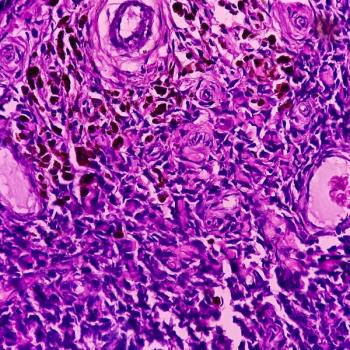
In observance of Sarcoma Awareness Month, held annually in July, we took a look back at the past year's news in cell/gene therapy for this cancer.

The gene therapy has continued to demonstrate efficacy in updated data from the phase 2 PRISM trial.
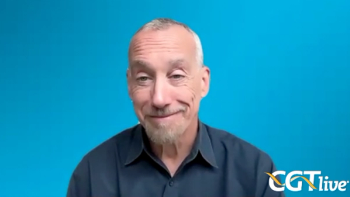
The chief scientific officer of Caribou Biosciences discussed results from preclinical research evaluating the gene editing approach.

BRG01 is engineered to target the EBV antigen, which is frequently expressed on nasopharyngeal carcinoma tumor cells.

Catch up on the latest news, breakthroughs, and announcements from biotechnology companies making advancements in cell and gene therapies.
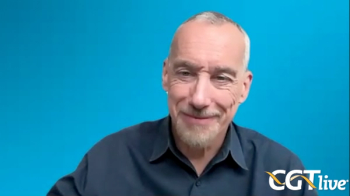
The chief scientific officer of Caribou Biosciences discussed the company’s platform for genome editing.
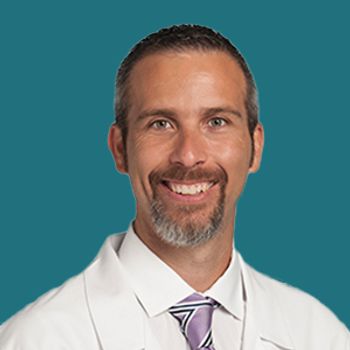
Ignacio Mata, PhD, an associate professor of neurology at the Cleveland Clinic Lerner Institute, pointed out that genetic forms of PD are relatively well-understood compared to other types.
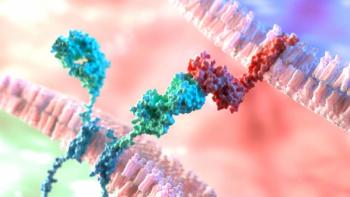
In light of the CTN clearance, Interius expects to initiate plans for a phase 1 clinical trial (INVISE) for INT2104 within the final quarter of 2024.
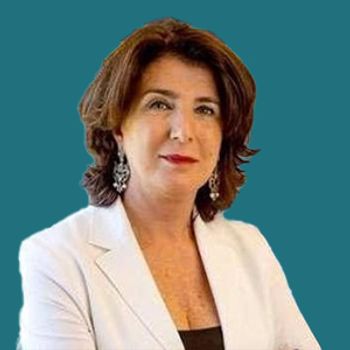
Tr1X reported that the first patient has cleared the trial’s safety period successfully, having experienced no serious adverse events.
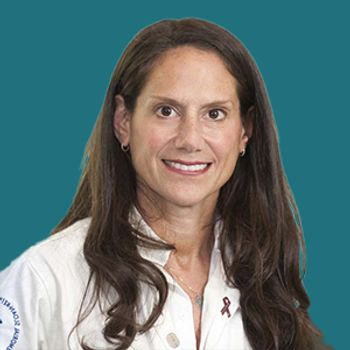
The open-label, single-arm, multisite NEXICART-2 study will aim to enroll around 40 participants in total.

Catch up on the latest news, breakthroughs, and announcements from biotechnology companies making advancements in cell and gene therapies.

Ntrust-2 will assess NKX019 in systemic sclerosis, idiopathic inflammatory myopathy, and ANCA-associated vasculitis.

The phase 1/2 GALILEO-1 trial has completed enrollment and a phase 3 trial is planned for 2025.

Deborah Phippard, PhD, the chief scientific officer of Precision for Medicine, discussed unique difficulties of designing clinical trials for PD gene therapy candidates.

Faraz Ali, MBA, the chief executive officer of Tenaya Therapeutics, discussed trends in precision medicine for cardiovascular indications.

Catch up on the latest news, breakthroughs, and announcements from biotechnology companies making advancements in cell and gene therapies.
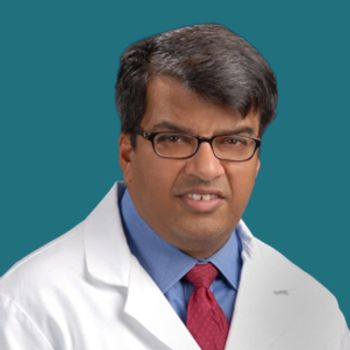
Cartesian also announced that the first patient has been dosed in a separate clinical trial evaluating the CAR-T therapy in systematic lupus erythematosus.

The placebo-controlled multidose portion of the SELECT-HD trial included 23 patients with Huntington Disease in total.

Various improvements were seen in 2 adult patients and 2 pediatric patients treated in separate clinical trials.

Faraz Ali, MBA, the chief executive officer of Tenaya Therapeutics, discussed the company’s decision to supplement the gene transfer programs in its pipeline with gene editing programs.
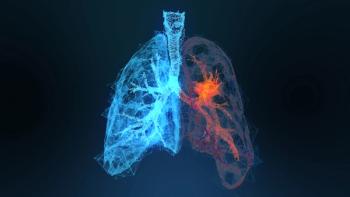
Notably, 1 patient treated in the trial died of respiratory failure, but it is not clear whether the death was related to LYL797.
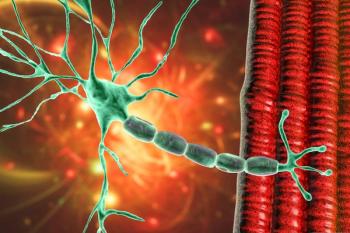
The company has begun enrolling participants in a new cohort for younger patients in the phase 1/2 AFFINITY DUCHENNE clinical trial.

Catch up on the latest news, breakthroughs, and announcements from biotechnology companies making advancements in cell and gene therapies.

The company has dosed the sixth patient in the study, and expects to move onto the third cohort pending continued safety at 1 month posttreatment.
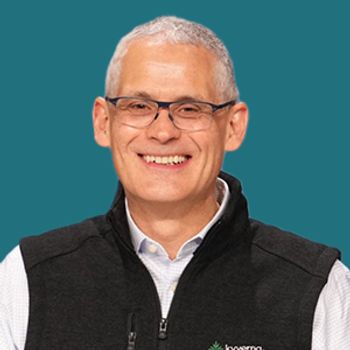
One patient is considered disease-free at 1 year posttreatment, but another patient’s disease relapsed at 5 months.
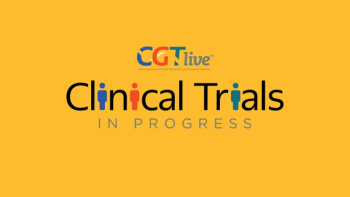
With the company having recently announced that it intends to expand the clinical trial with a new cohort, CGTLive® has decided to take a closer look at this ongoing study.

Faraz Ali, MBA, the chief executive officer of Tenaya Therapeutics, discussed the company’s research on capsids, promoters, and manufacturing improvements.
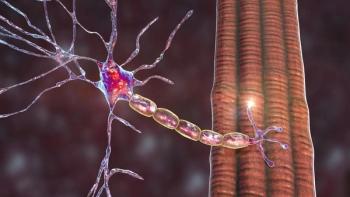
For the 3 patients who were treated at the higher dose, immunohistochemistry showed that a mean of 54% of muscle fibers were expressing microdystrophin.
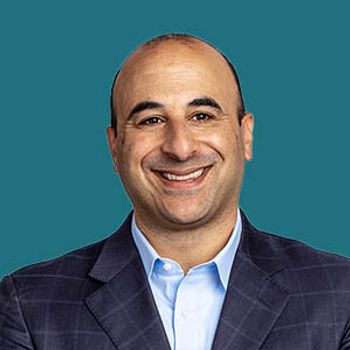
NRTX-1001 consists of human interneurons that provide long-term secretion of gamma-aminobutyric acid, an inhibitory neurotransmitter, which is expected to repair neural networks.